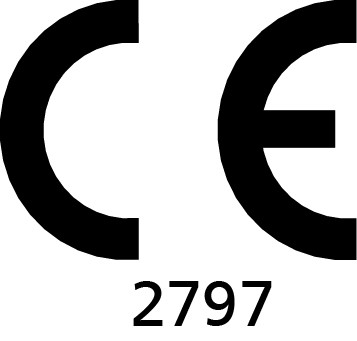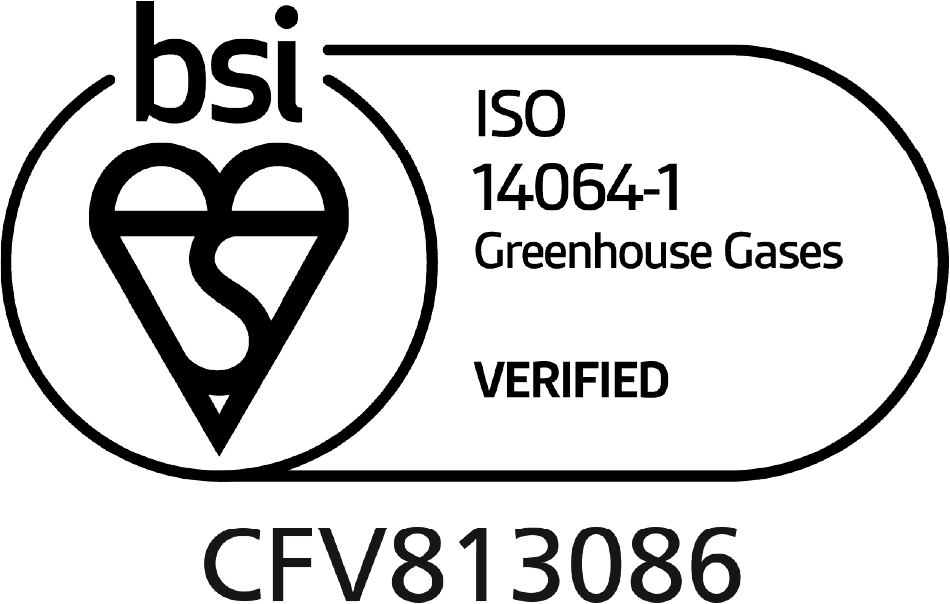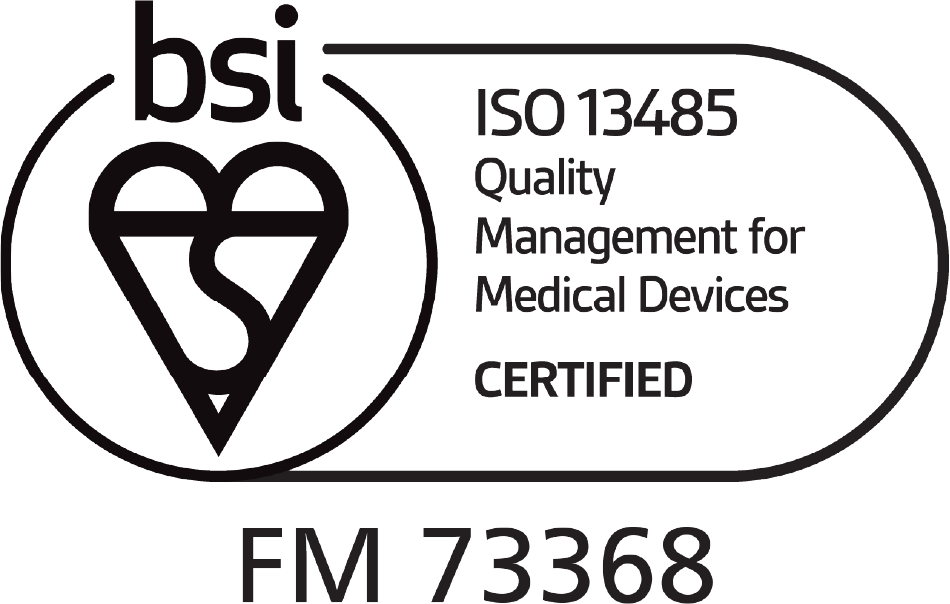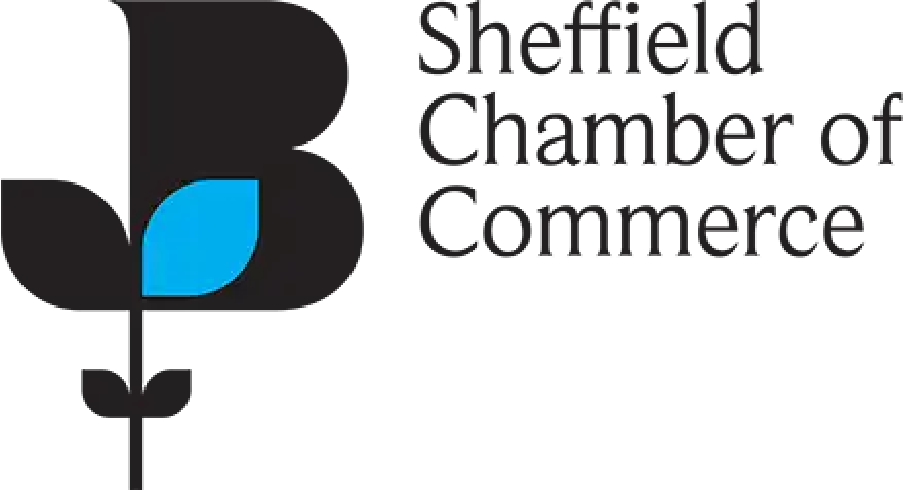In addition to our existing endotoxin testing methods, Swann-Morton (Microbiological Laboratory Services) Ltd is pleased to now offer endotoxin testing using a recombinant cascade reagent (rCR), which simulates the Limulus Amoebocyte Lysate (LAL) derived from horseshoe crab blood.
As part of our ongoing commitment to animal welfare and sustainability, we have been actively seeking an animal-free alternative to the traditional LAL system. We are delighted to confirm that endotoxin testing using rCR is now available for both water samples and medical devices.
Key Benefits of rCR Testing:
- 100% Animal-free
- High consistency
- Speed and Sensitivity
- Excellent specificity
Our laboratory has carried out extensive validation to demonstrate that the rCR method delivers results equivalent to traditional LAL testing, ensuring both accuracy and reliability.
We are proud to have achieved UKAS ISO/IEC 17025 accreditation for our rCR methods. Full details of our UKAS schedule are available on the UKAS website under our laboratory number 21371.
In parallel with the introduction of rCR methods, we will continue to provide traditional LAL testing for the foreseeable future.
If you would like to discuss which approach is best for your needs, please contact us at microlab@swann-morton.com
Please be advised that rCR endotoxin testing is currently recognized as an “alternative” method in accordance with the US, UK, and European pharmacopoeias. Drafting work is underway to formally include rCR as a specific method and is expected to soon be added to the published texts. While we have generated data demonstrating equivalence with traditional methods, it remains the responsibility of the manufacturer to determine whether the use of an alternative method is acceptable to their regulators and/or Quality Assurance functions.















